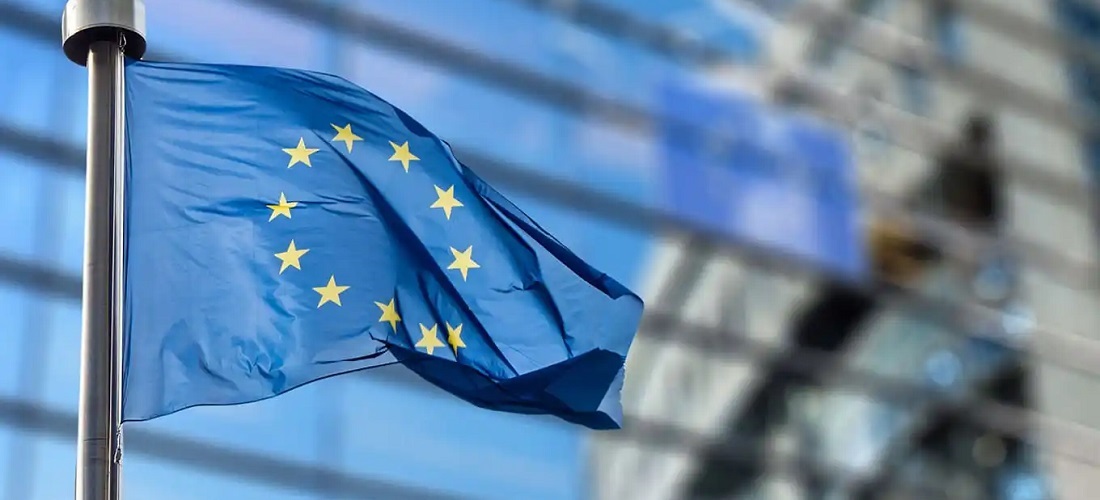
EU to begin ban on goods from deforested areas in 2025
Jun, 12, 2023 Posted by Gabriel MalheirosWeek 202324
On Friday (6/9), the European Union (EU) approved a regulation prohibiting the entry of agricultural items, including coffee, soy, and beef, produced after 2020 in deforested areas, regardless of whether legally compliant with the producing country’s national legislation. The regulation will come into effect on December 30, 2024.
This measure has faced intense criticism from the Brazilian productive sector, as it is seen to be overlooking national laws. Brazilian regulations allow for the creation of new production areas through deforestation as long as the limits set for each biome are respected.
The new EU regulation also requires importing companies to provide “verifiable” documents to prove that the products meet anti-deforestation criteria. Initially, the rules will apply to cattle, cocoa, coffee, palm oil, rubber, soy, and wood, with the potential to include more product chains in the future, such as corn. European importers will have a period of 18 months to adapt.
While the text of the law was already known in Brazil, the recent publication has now defined the timetable for its entry into force.
There are concerns about potential increased production costs, particularly for small and medium-sized producers, to prove compliance with the regulations. “We are not concerned about meeting the requirements, but the cost of proving it,” expressed Mori, a representative of the Brazilian agricultural sector.
Under the new regulation, each batch of products entering the EU must be accompanied by a declaration containing the list of all producers and the corresponding geographic coordinates of the production areas. The implementation of these new requirements for producers and operators may pose challenges, making it more difficult for small and medium-sized producers to access the European market due to additional costs and the need to reorganize the production chain, according to a source from the Brazilian Mission to the European Union and the agricultural attaché of the Ministry of Agriculture.
Critics argue that the legislation is concerning due to its unilateral nature, the use of trade restrictions to achieve environmental objectives, and its punitive and discriminatory aspects. They also highlight the lack of support mechanisms for producing countries in their efforts to combat deforestation, restore degraded areas, and promote sustainable production chains.
Another concern is the potential classification of Brazil as a “high-risk” country due to deforestation rates, the pace of agricultural expansion, and the production trends of the affected commodities. This could lead to trade diversion and reputational costs.
The EU will categorize countries into three risk categories (high, standard, low) using a “benchmarking” system, imposing different due diligence or customs control rules on products from each category. The source close to Brazilian diplomats in the European bloc believes this differentiation could lead to reputational costs and trade diversions.
The publication of this EU regulation may pave the way for similar measures to be adopted by other countries. The United Kingdom and the United States, both significant customers of Brazilian agribusiness, already have similar legislation in place.
Brazilian diplomats in Europe have expressed concerns about the compatibility of this regulation with World Trade Organization (WTO) rules. The government is exploring alternative courses of action to address these concerns.
The EU is the second-largest destination for Brazilian agribusiness exports, generating $25.5 billion in business in 2022. Approximately 60% of these shipments, totaling around $15 billion, involve products covered by the new regulation. The legislation will also impact products exported to other countries and used as inputs for final products entering the EU.
Certain products carry significant economic weight. Nearly half of Brazil’s coffee exports are destined for the EU, resulting in a substantial trade volume. In 2022 alone, these coffee exports generated impressive revenues of $4.4 billion, with a shipment quantity exceeding one million tons.
In the case of soybeans, approximately 14.5% of shipments find their way to European Union ports, representing nearly half of the total oilseed purchased by Europeans worldwide. The value of these soybean exports in the previous year amounted to a substantial $8.8 billion.
For beef, the distinction lies in the premium paid by the EU, enhancing the value of Brazilian protein sold in this market. Additionally, wood enjoys a captive market in Europe, with business transactions amounting to $3.2 billion in 2022.
Source: Valor Econômico
To read the original news report, visit: https://valor.globo.com/agronegocios/noticia/2023/06/10/uniao-europeia-comeca-a-vetar-produtos-agricolas-de-areas-desmatadas-em-2025.ghtml
-
Trade Regulations
May, 05, 2025
0
Mercosur-EU deal faces uphill battle despite tariff war
-
Grains
Oct, 05, 2020
0
MAPA reinforces recommendations on seed imports as many packages arrive from Asia
-
Other Cargo
Mar, 11, 2022
0
Brazil launches National Fertilizer Plan to reduce input imports
-
Coffee
Jan, 16, 2020
0
Brazilian coffee crop in 2020 expected to be greater than previous season

